Most notably though, the universe that author JK. Rowling created was distinctly British. From the dreary grey weather to Ron Weasley’s (Rupert Grint) near-constant use of the phrase ‘bloody ‘ell’, Potter and his pals Ron and Hermione (Emma Watson) may have had more than their fair share of fantasy adventures but they were always back in time for a cup of tea and chocolate frog. They even had their own bumbling government with the Ministry of Magic, an authority that’s arguably preferable to the less-than-capable posh folks we have running the show in real life. It was this dedication to the mightily mundane nature of Blighty life that provided much of Harry Potter’s relatable, everyday charm - and yet this key feature very nearly never made it to the big screen at all.
Shortly after Rowling sold the rights to her as-yet-incomplete Potter franchise (pocketing a cool £1m for film adaptations of the first four books), producer David Heyman started searching for a visionary director to bring her world to life. Before the project landed in the capable hands of Home Alone helmer Chris Columbus, a script for Harry Potter’s first adventure found its way onto the desk of bearded mega-director Steven Spielberg. However before the Hogwarts Express-sized project had time to gather any steam, creative differences caused progress to swiftly grind to a halt.
While a Spielberg-steered cartoon Potter with Osment’s vocal talents would have severely Americanised this distinctly British story, it’s not the only time Hollywood tried to sneak into Hogwarts. As Columbus began fleshing out the film with his long-time casting director Janet Hirshenson, he was reportedly approached by his former Mrs Doubtfire star Robin Williams who was keen to take up the mantle of Hogwarts’ resident gamekeeper Rubeus Hagrid. Unfortunately, Columbus was loyal to Rowling’s ‘Brits-only’ rule. “Robin [Williams] had called because he really wanted to be in the movie, but it was a British-only edict,” Hershenson told the Independent in 2016. “Once he said 'no' to Robin, he wasn't going to say 'yes' to anybody else, that's for sure.”
With that, Hollywood appeared to get the hint about Harry Potter’s uniquely English aesthetic and its cast (and many of its crew) remained primarily British throughout all eight of its cinematic outings. It’s an interesting look into what could’ve been, though - and surely only a matter of time before Hollywood finally gets its teeth into what has become perhaps the largest and most successful movie franchise ever. Imagine the scene: we swoop through the impressive and ornate halls of Hogwarts, push in through the candle-lit great hall and finally land on our newly recast and rebooted hero - played by none other than Chris Pratt because of course it’s going to be him.
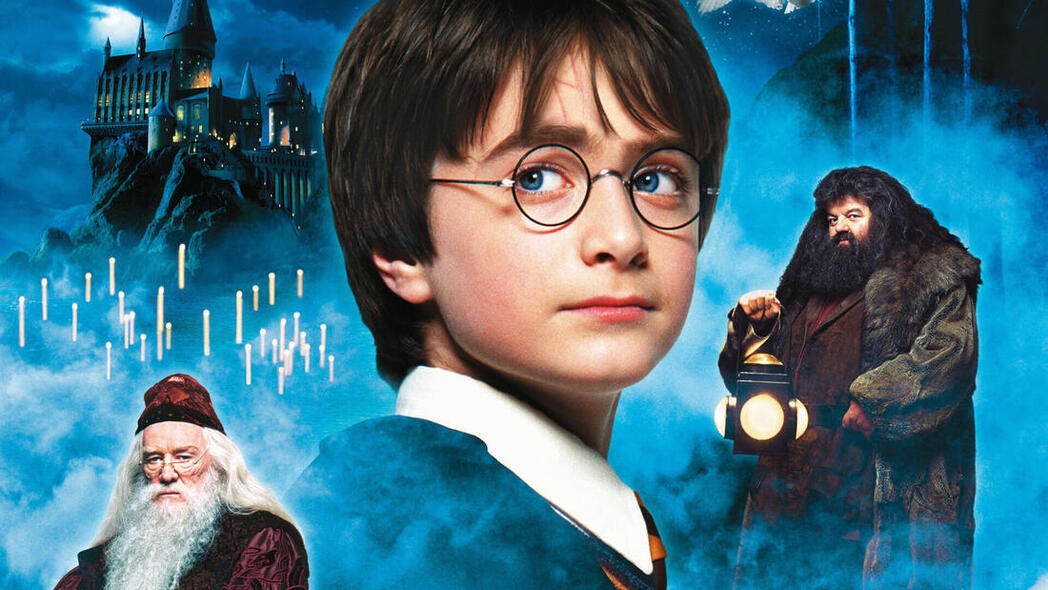
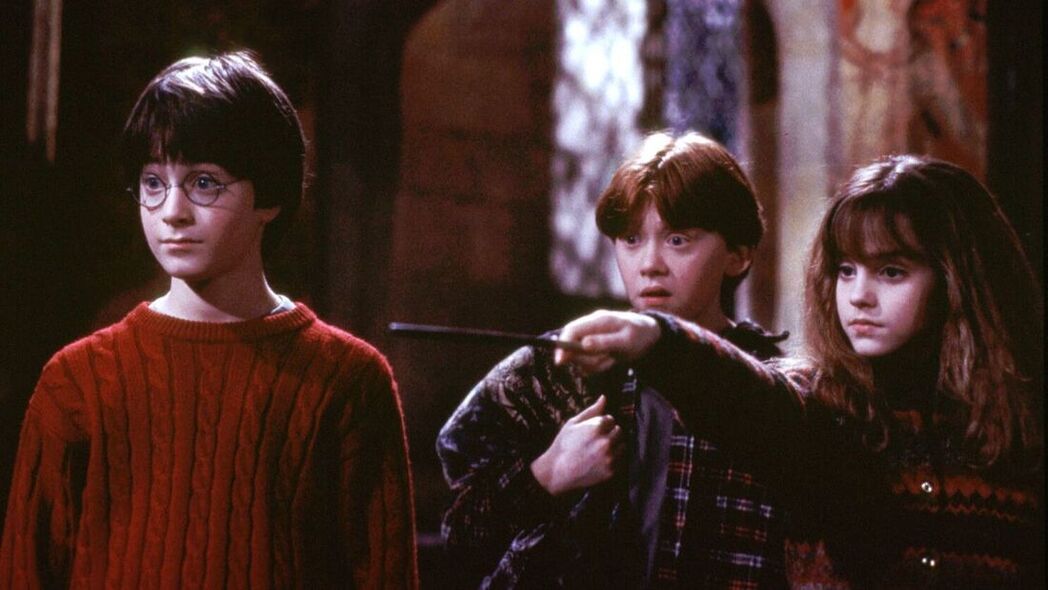
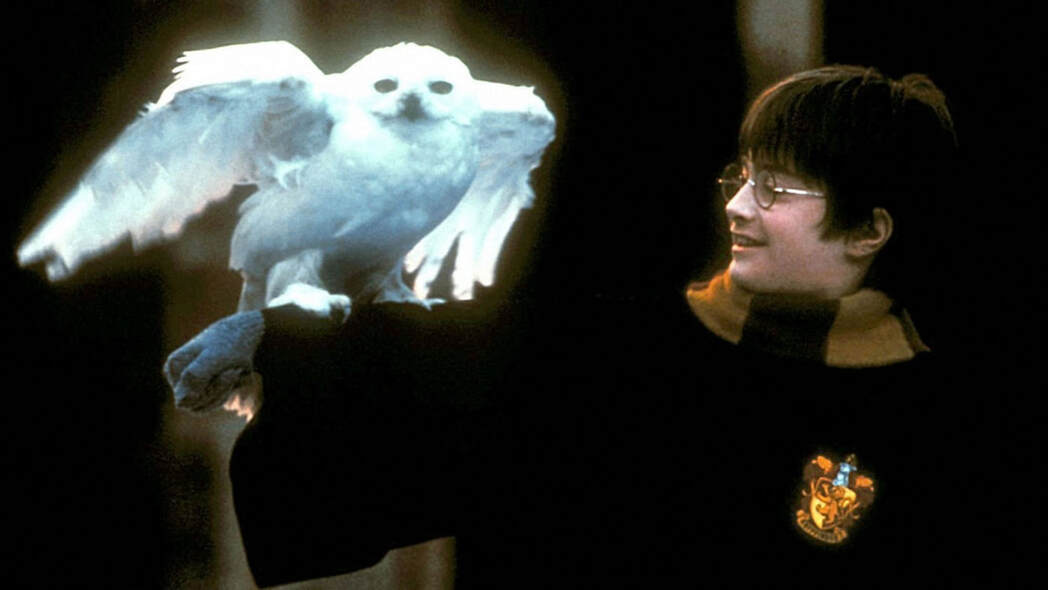
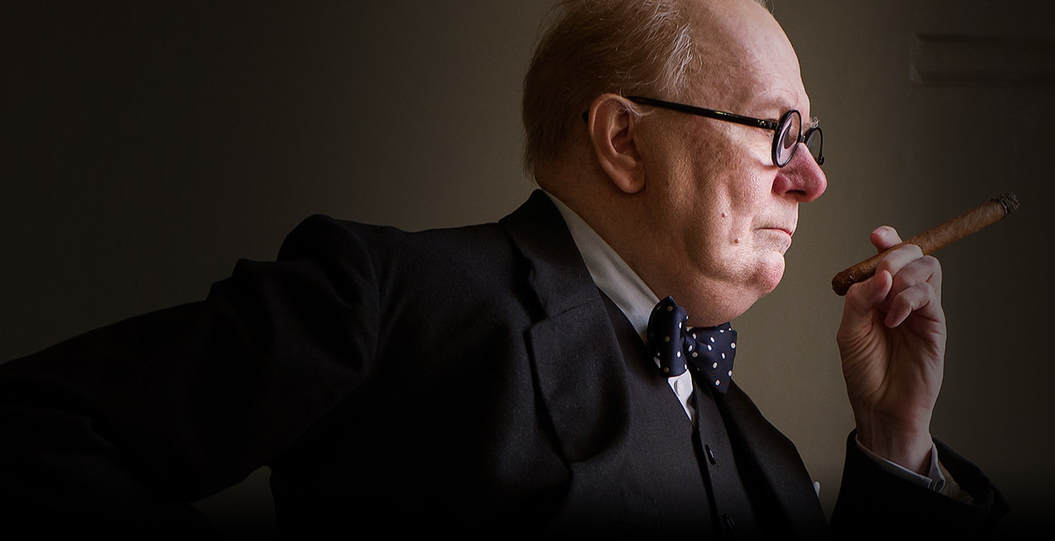
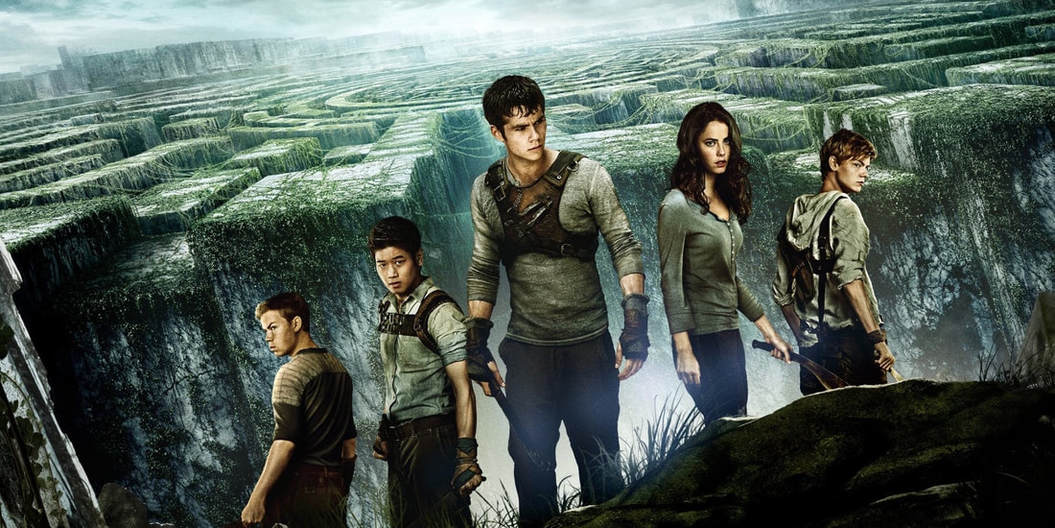
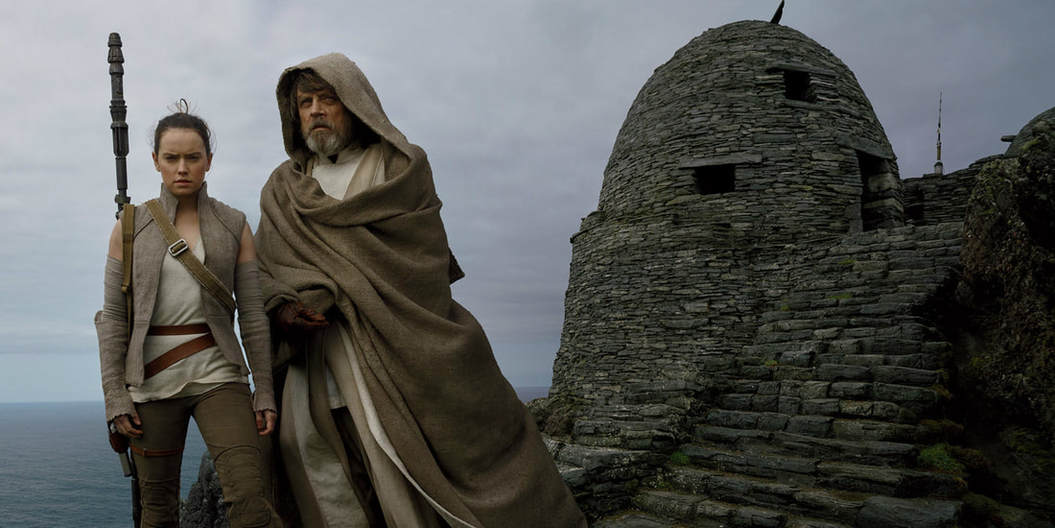
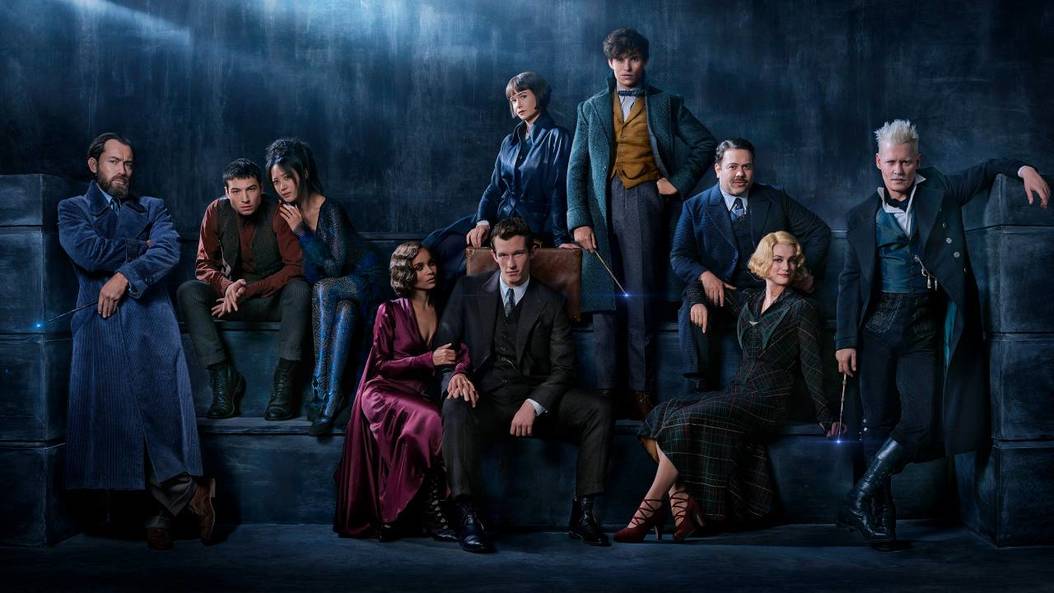
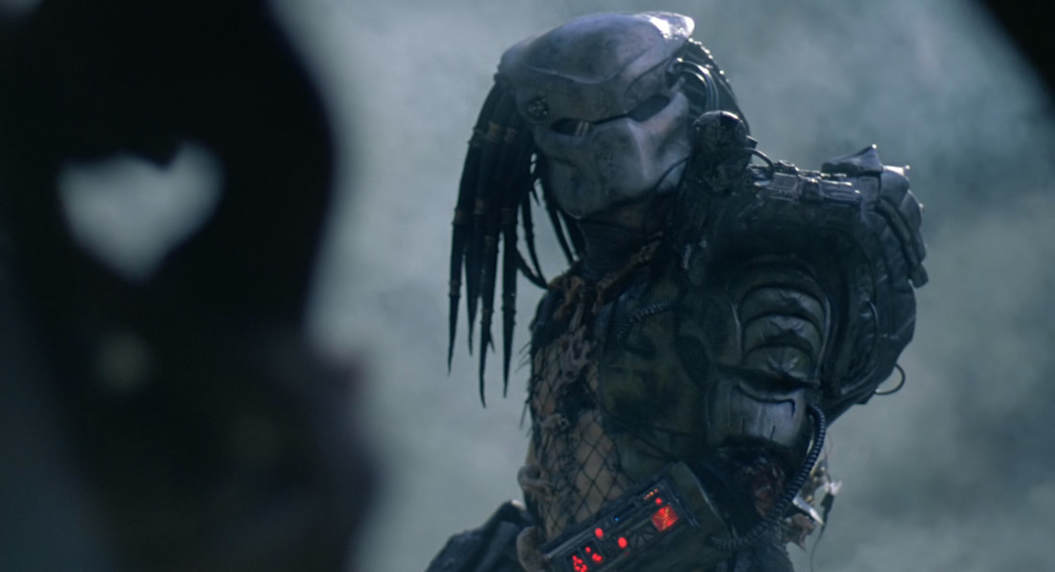
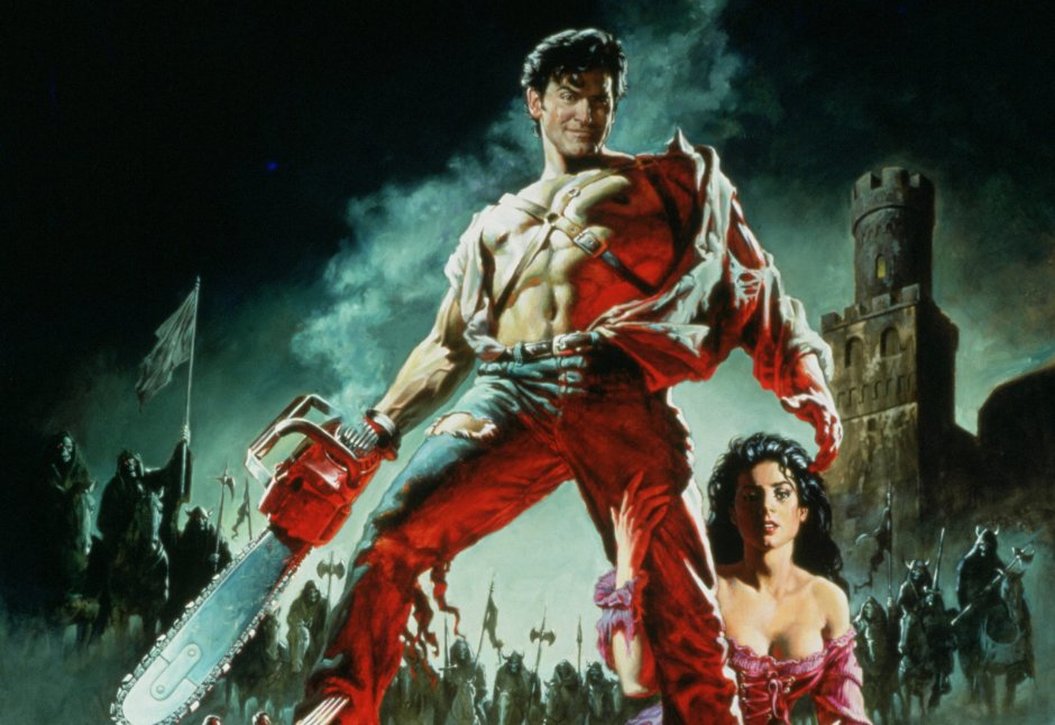
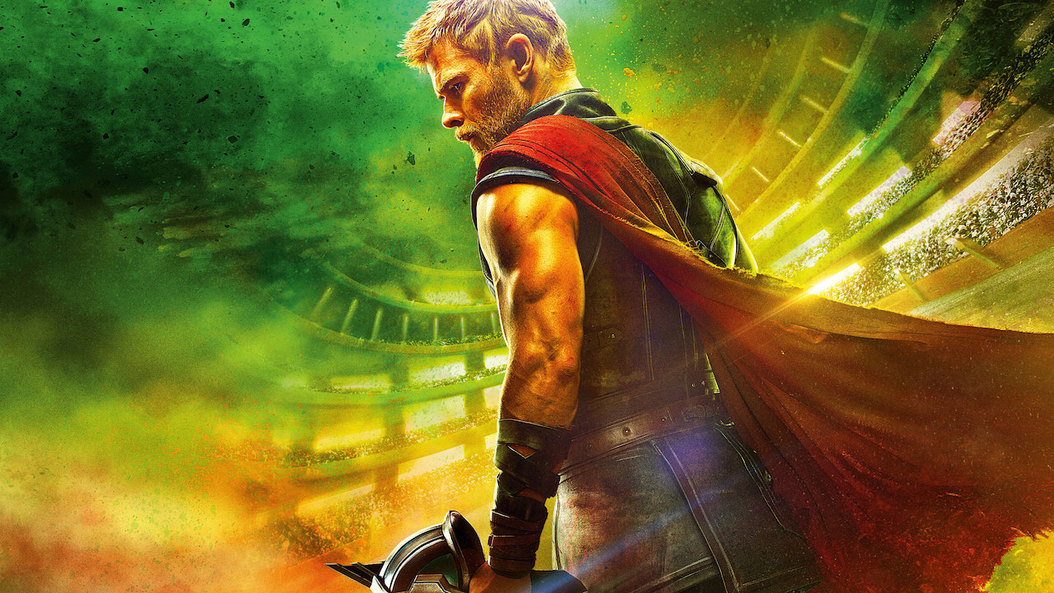
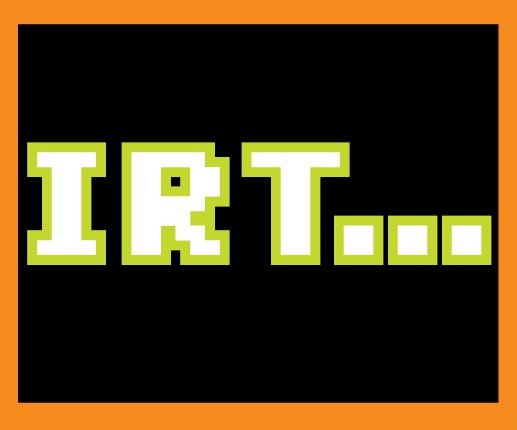
 RSS Feed
RSS Feed
